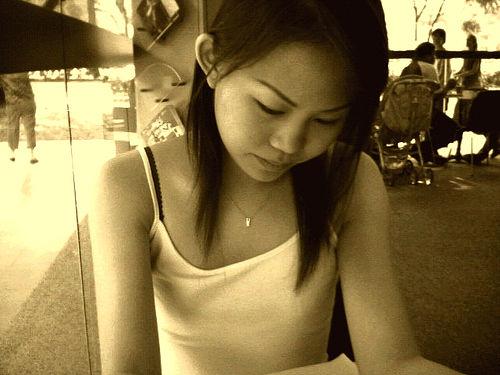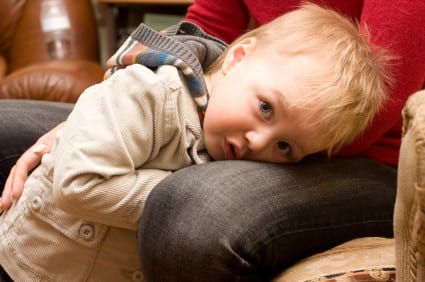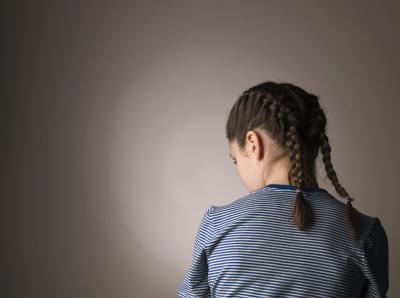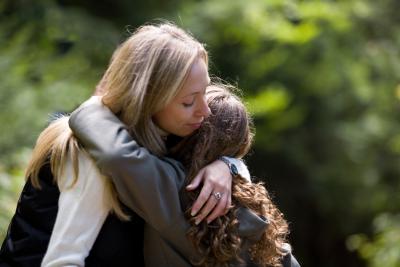Search Results for: extreme anxiety
How to Reduce Extreme Mental Stress and Anxiety
There are lots of reasons we get stressed out, and sometimes we don’t even know what they are. But when the problems pile up and the anxiety becomes extreme, our lives are affected in a very negative way. We need to find ways to deal with the stress before it causes a breakdown.
Toddlers With Stranger Anxiety
While some toddlers are willing to greet anyone with open arms, others shy away from anyone other than mom and dad. It can be challenging to deal with a tyke who seems fearful of everyone, because relatives and friends may feel slighted by this hesitancy, and the toddler herself may appear to suffer extreme emotional distress. Although it may seem a serious problem, however, stranger anxiety is often nothing to worry about and is, instead, simply a part of normal child development.
Natural Treatment for Social Anxiety in Kids
Social anxiety can be mild or severe, but it makes childhood and adolescence more difficult, preventing kids from developing into confident, connected adults. While psychiatric medications are one option, natural or non-drug therapies can also treat social anxiety and social phobia. Non-medical treatments include cognitive behavioral therapy, exercise, biofeedback and relaxation techniques. Help your child or teen learn to cope with social anxiety, reduce stress and thrive.
Child Anxiety Symptoms
Anxiety disorders in children are quite common, according to the Anxiety Disorders Association of America. While periods of anxiety are normal for everyone, one out of every eight children suffer from feelings of anxiety strong enough to be classified as a disorder. These anxiety symptoms interfere with the child’s ability to function normally. For this reason, parents who suspect that their child might have an anxiety disorder should seek treatment as soon as possible.
Anxiety Therapy for Children
If you have an anxious child, you have one who is fearful and typically nervous. Many times, anxious children are too embarrassed to tell you the real problem, so when you ask, they might be secretive and tell you they feel sick, tired, or even that they are fine. If you do nothing to help an anxious child, he might start avoiding situations that produce the anxiety, which can result in isolating behavior, skipping school or drug or alcohol abuse.





